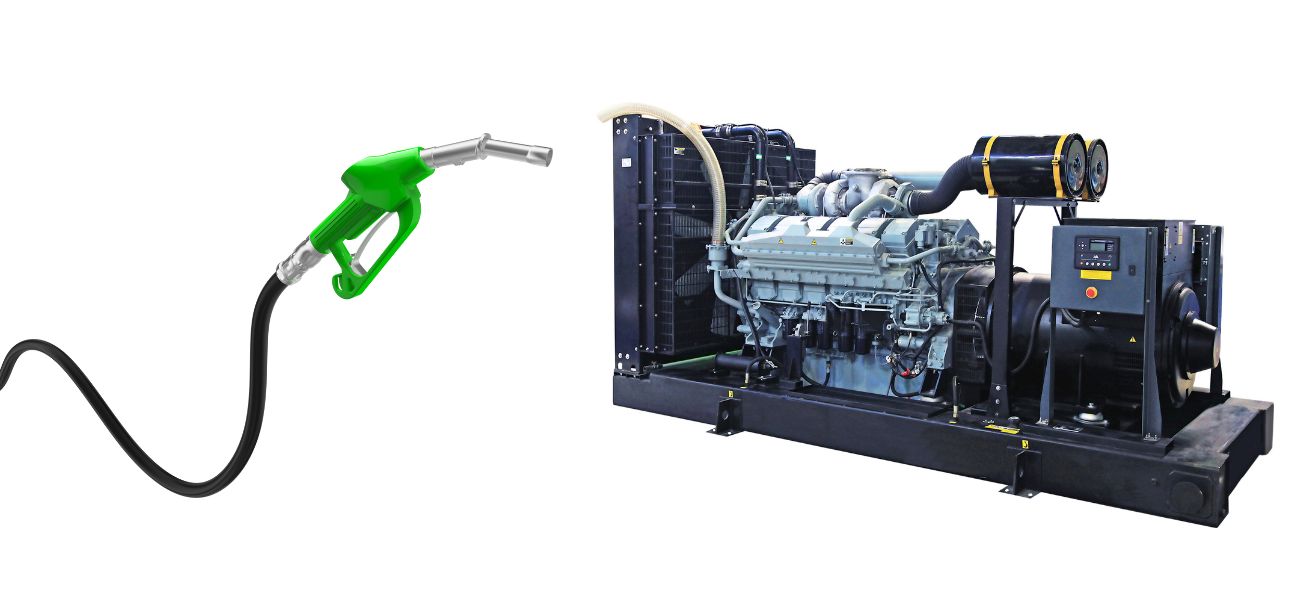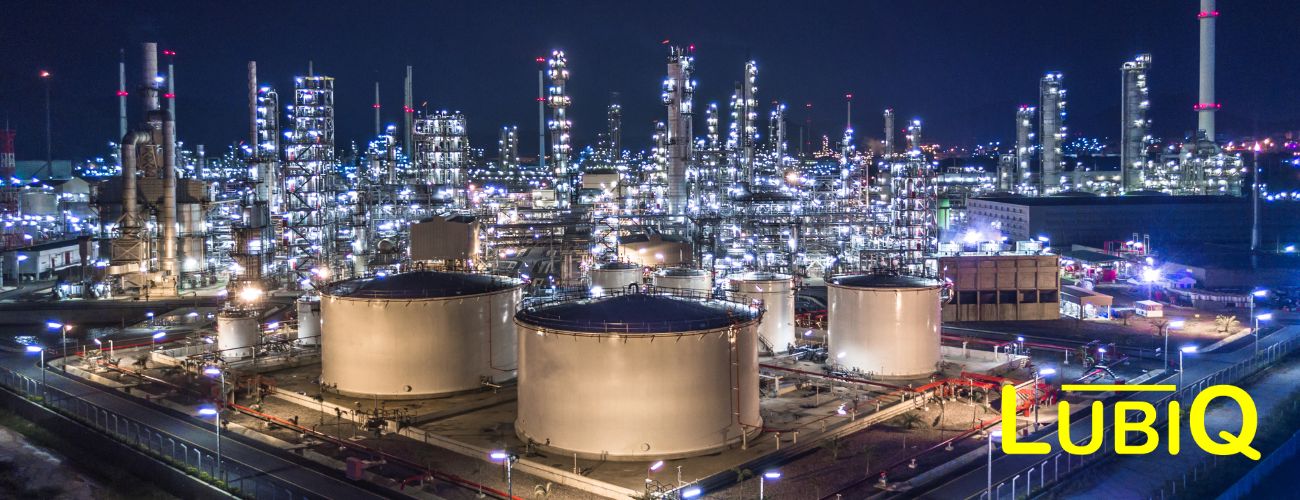How To Beat Diesel Bug
The question of how to beat diesel bug is very real and challenging but there are possible solutions that can be environmentally friendly and low emissions.

Especially in colder weather conditions or when diesel fuel is stored for a long period of time, the entry of water can cause algae to grow in your storage tank and then clog the engines fuel filter – you can see a Truck Tech video that shows this graphically in a DAF truck below:
So, what are the solutions for how to stop diesel bug? One is a cold pour winter diesel additive chemical treatment and another is to use alternative diesel fuels like HVO renewable diesel or fuel polishing.
Winter Fuel Treatment
A special treatment agent helps to retain the fuel’s quality and reduce waxing and water entry; this is useful particularly for normal DERV, gas oil, or FAME biodiesel fuels.
We supply this additive in small quantities as 5 litres or as a bulk cold pour treatment in 1000 litres IBC pallets; you can see more on this link.
Fuel Polishing
This process involves the diesel fuel in your tank being pumped out and through a high-quality filter to remove debris, sludge, and water from the mix and thus improve conditions and reduce the presence of diesel bug algal growth.
So fuel polishing is a good term for giving the fuel a good run through filters to improve its quality.
Using Renewable Diesel Fuel
Also known as HVO (hydrotreated vegetable oil), this is a great answer to the challenge of how to beat diesel bug due to its purity and consistency derived from high-pressure hydrogenation process by which it is made.
Made from waste fats and oils, this fuel offers a net green house gas emissions cut of more than 80% – you are saving 2kg of carbon per litre burnt.

Renewable diesel burns more than 40% cleaner than other fuels and can be stored for up to 10 years, the performance in cold weather is excellent and the need for fuel polishing greatly reduced.
The characteristics and high cetane number make HVO perfect for backup generators or fire pumps and any applications that tend towards long term storage of fuel.
If you need help with how to fulfil any of these suggestions then do please call us on 01324 309100 to discuss your needs further.












